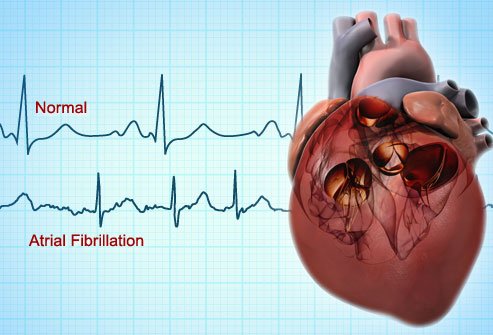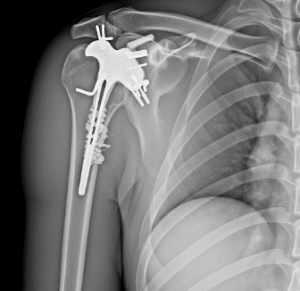Overview
Atrial flutter is a type of abnormal heart rhythm, or arrhythmia, where the atria (upper chambers of the heart) beat very fast and irregularly. Though not typically life-threatening, it can lead to serious complications like stroke or heart failure if untreated. South Korea offers advanced cardiac diagnostics and treatments, making it a top destination for managing atrial flutter effectively.
What is Atrial Flutter?
Atrial flutter is a rapid but regular heart rhythm that originates in the atria. Unlike atrial fibrillation, which is chaotic, atrial flutter maintains a more organized electrical activity. This causes the atria to contract at 250 to 350 beats per minute, while the ventricles (lower chambers) beat slower due to natural conduction limits.
Symptoms
Some people may be asymptomatic, while others experience:
- Palpitations or fluttering sensation in the chest
- Shortness of breath
- Fatigue or weakness
- Dizziness or light-headedness
- Chest discomfort
- Fainting (in rare cases)
Causes
- Heart disease (coronary artery disease, heart failure)
- High blood pressure
- Congenital heart defects
- Previous heart surgery
- Lung diseases (e.g., COPD)
- Overactive thyroid (hyperthyroidism)
- Excess alcohol or stimulant use
- Post-operative complication, especially after heart surgery
Risk Factors
- Age over 60
- Male gender
- History of atrial fibrillation
- Heart valve disease
- High blood pressure or diabetes
- Obesity
- Sleep apnea
- Smoking and heavy alcohol use
Complications
- Stroke: Blood clots can form due to ineffective pumping in the atria
- Heart failure: Prolonged high heart rate can weaken the heart
- Conversion to atrial fibrillation
- Reduced quality of life due to persistent symptoms
Prevention
- Control high blood pressure, cholesterol, and diabetes
- Avoid excessive alcohol and caffeine
- Treat underlying thyroid or pulmonary diseases
- Maintain a healthy weight and lifestyle
- Use blood thinners as prescribed to prevent stroke
- Routine heart check-ups for at-risk individuals
Treatment Options in Korea
South Korea provides excellent cardiology care with internationally recognized hospitals offering advanced procedures and technologies.
1. Diagnosis
- Electrocardiogram (ECG): Main tool for diagnosing atrial flutter
- Holter monitoring: 24–48 hour monitoring for intermittent symptoms
- Echocardiogram: Evaluates heart structure and function
- Electrophysiology Study (EPS): Pinpoints the origin of abnormal rhythm
Top Korean hospitals like Asan Medical Center, Samsung Medical Center, and Severance Hospital have advanced electrophysiology labs and arrhythmia units.
2. Medications
- Rate control: Beta-blockers, calcium channel blockers
- Rhythm control: Antiarrhythmic drugs (e.g., amiodarone, sotalol)
- Anticoagulants: Warfarin, apixaban, rivaroxaban to prevent stroke
3. Electrical Cardioversion
- A short procedure that uses an electric shock to restore normal rhythm
- Often done under mild anesthesia
- Common first-line intervention in Korean hospitals for symptomatic patients
4. Catheter Ablation
- A minimally invasive procedure that destroys the faulty electrical pathway
- Highly effective with a success rate above 90% for typical atrial flutter
- Korea is known for advanced ablation techniques using 3D mapping and real-time guidance
5. Pacemaker (in rare cases)
- Used when medications or ablation aren’t effective, or if bradycardia develops
- Korea offers modern pacemaker implantation with small incision and fast recovery
6. Lifestyle and Follow-up
- Regular cardiology check-ups
- Lifestyle modification support (smoking cessation, diet, exercise)
- Patient education on stroke signs and medication adherence













